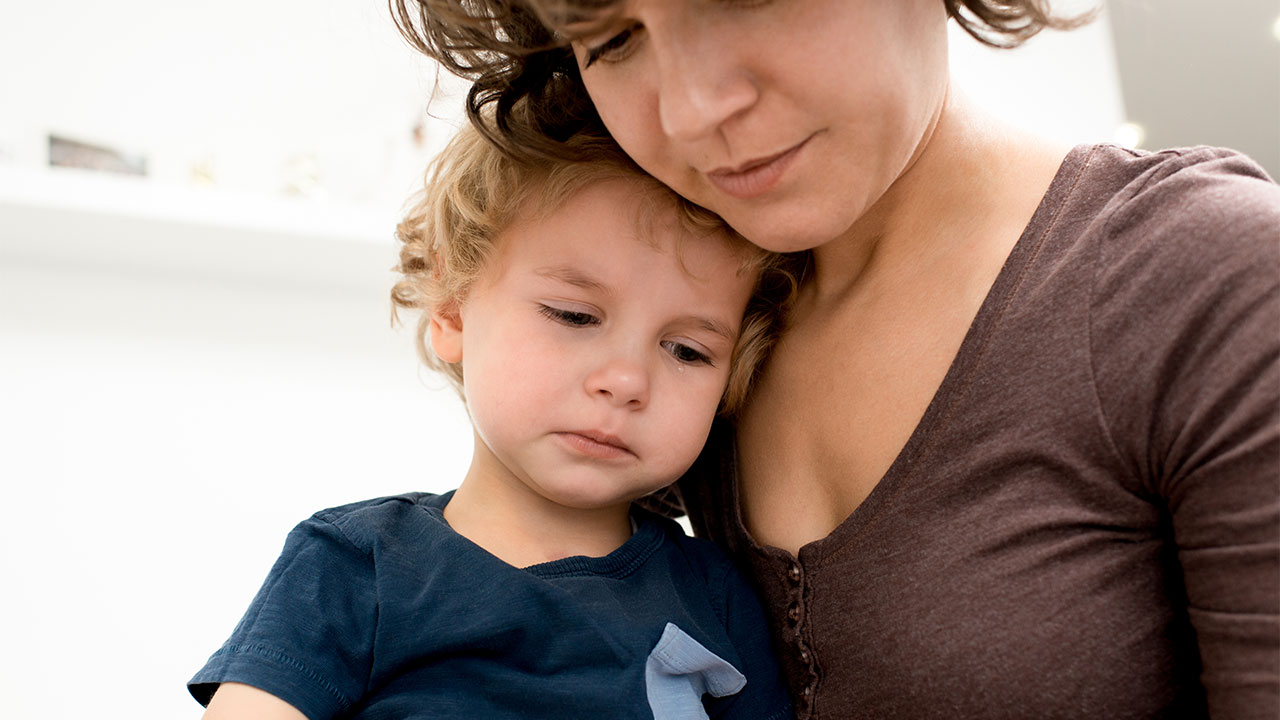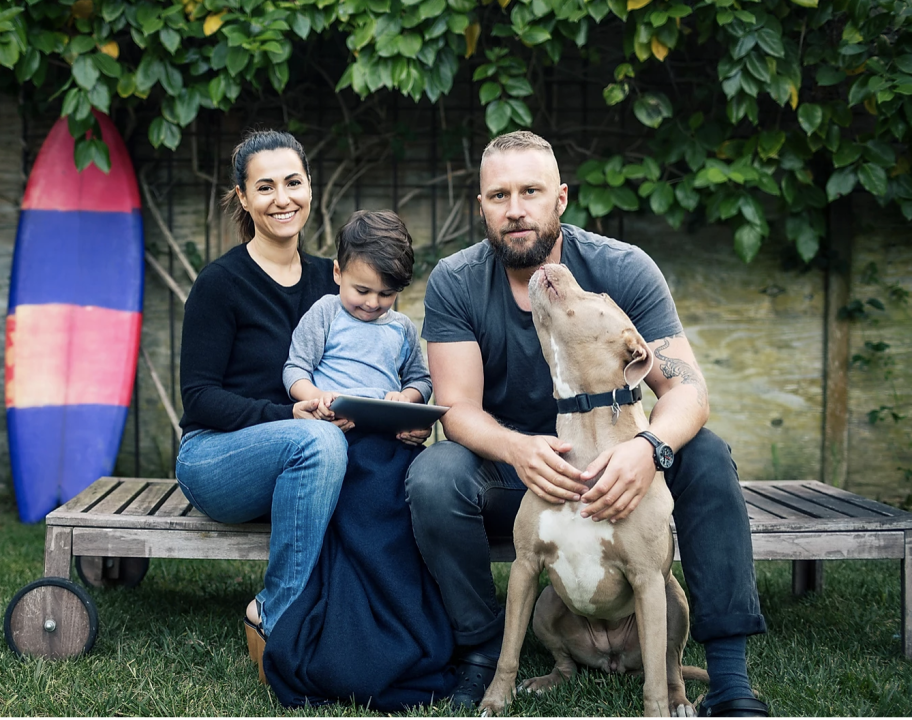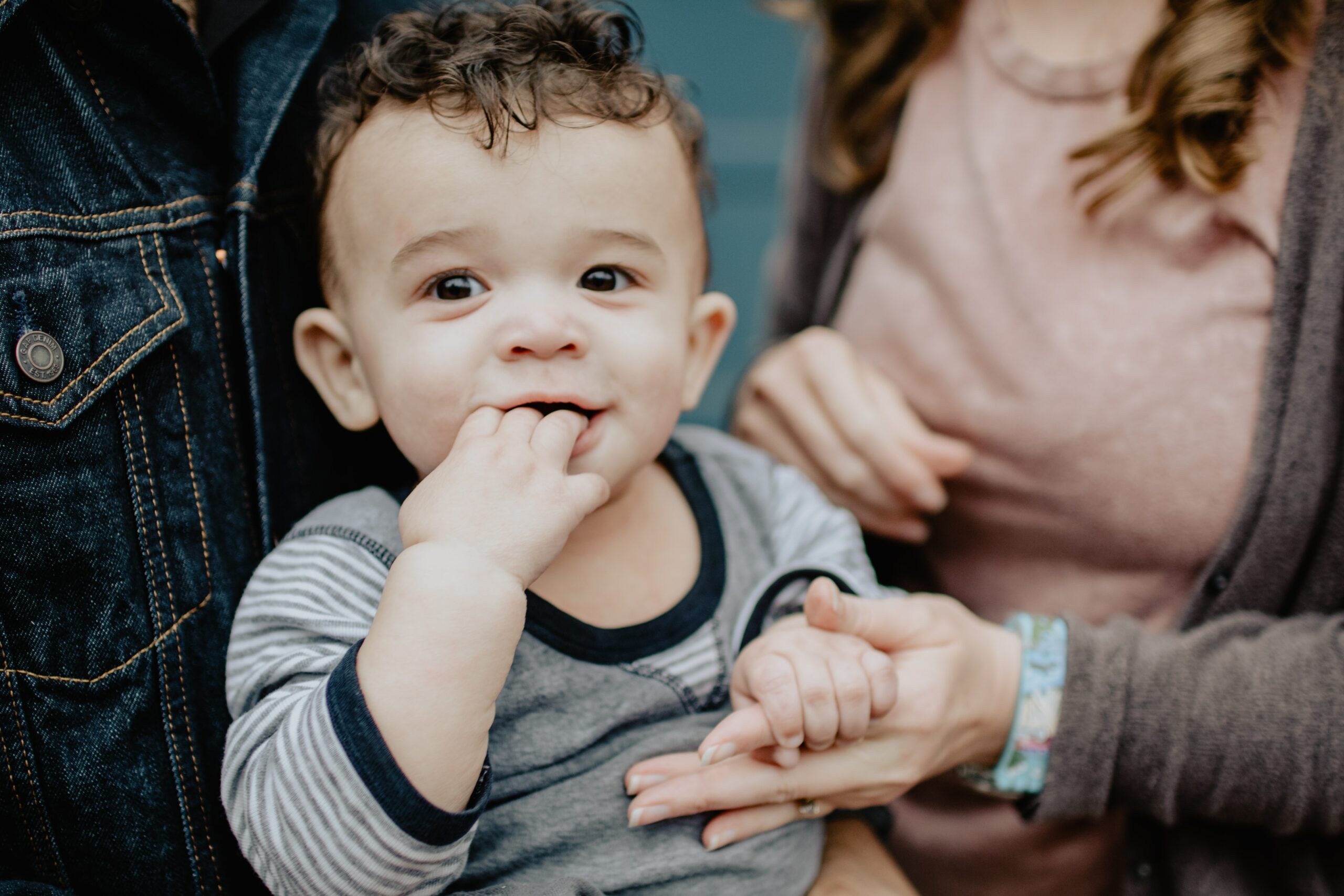5 Best Ways to Support Your Childs Trauma
Establish a safe environment for your child, ensuring they feel secure and stable. Build trust by being present, listening, and validating their emotions. Provide essential emotional support through active listening and positive reinforcement. Encourage healthy coping mechanisms like mindfulness and creative activities. Consider seeking professional guidance for tailored support and healing. Remember, supporting your child through trauma involves various aspects that…










